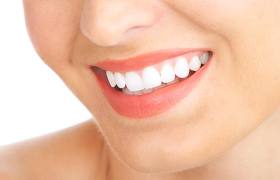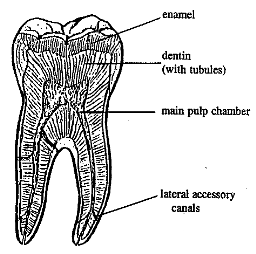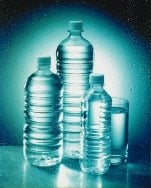Plaque Causes Tooth Decay
Dentists are asked nearly every day why cavities are formed and what can be done to prevent dental decay.
The inability to remove the plaque (90% bacteria) from teeth is the cause of decay on your teeth. The bacteria in the plaque produce acid which removes minerals from the teeth. This demineralized tooth structure is in fact decay.
The pH is the measure of how strong or destructive an acid is in causing decay. The measurement of pH ranges from 1-14 with pH7 being neutral (neither acidic nor alkaline). A pH of between 1 and 7 is acidic (1 is the most acidic or destructive) while greater than pH 7 is alkaline.
As this relates to decay the closer to neutral or alkaline pH the less likely decay will form. Normal sugar (sucrose) produces a pH of 2 or 3 (extremely acidic) in the mouth, ultimately resulting in significant decay. The more this acid is reduced or buffered the less decay is able to form.
Xylitol, Can a Sugar Help Reduce Tooth Decay?
The one preventive measure that most dentists utilize is fluoride which makes the superficial tooth structure more difficult to remove minerals.
Read More.png?width=305&height=132&name=NIHAlogoBLUE_3_transparent%20(2).png)








